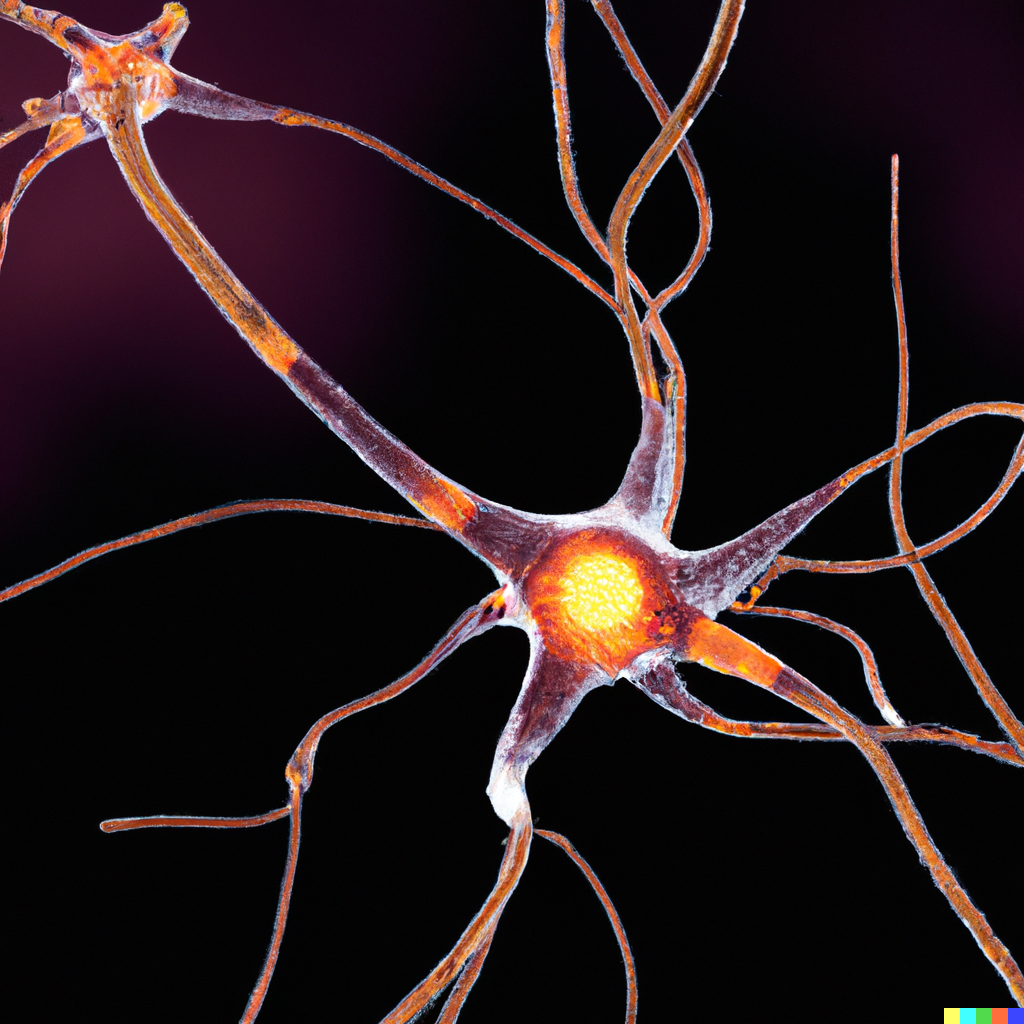Activies and Learning With Dementia – Polaroid Camera Idea

Teaching someone with dementia new things can be a valuable and enjoyable experience for both the person with dementia and the caregiver. However, it is important to approach this process with patience, understanding, and flexibility. We’ll go into the benefits of learning and teaching someone who has been diagnosed with Dementia or Alzheimer’s disease and is memory impared — One of the best ideas we heard in the Alz Community has been using Polaroid Cameras with our loved ones, which we highly suggest.
When teaching someone with dementia, it is important to keep the lessons simple, concrete, and repetitive. Breaking down a task into smaller steps, using visual aids such as pictures or demonstrations, and encouraging the person to participate can all be helpful. Repetition is key, so it may take several attempts to help the person understand and remember the new information.
It is also important to adapt to the person’s individual abilities and needs. For example, someone with dementia may struggle with short-term memory but still have good long-term memory, so drawing on their past experiences and skills can be helpful.
Learning new things can be beneficial for people with dementia, as it helps to maintain cognitive function and can provide a sense of accomplishment. It can also provide opportunities for social interaction and give the person a sense of purpose and engagement.
What Kind of Skills are Safe and Fun to Learn with Dementia?

There are many activities and skills that can be healthy and beneficial for someone with dementia. Here are a few examples:
- Exercise: Physical activity can help maintain physical health, improve mood, and decrease the risk of cognitive decline. Simple exercises such as stretching, walking, or chair aerobics can be beneficial.
- Hobbies: Engaging in hobbies such as gardening, cooking, or drawing can provide a sense of accomplishment and fulfillment.
- Daily living skills: Practicing daily living skills such as brushing teeth, dressing, and meal preparation can help maintain independence and improve self-esteem.
- Cognitive stimulation: Engaging in activities that challenge the brain, such as puzzles, memory games, or reading, can help maintain cognitive function.
- Music and art: Participating in musical or artistic activities, such as singing, playing an instrument, or painting, can help tap into emotions and memories, and provide a form of expression.
- Reminiscence therapy: Engaging in activities that draw on the person’s past experiences and memories, such as sharing photos or looking at old mementos, can provide a sense of connection and purpose.
Teach Someone with Dementia to Use a Polaroid Camera
Polaroid camera, although it may require some patience and adaptation to their abilities and needs. Here are a few tips that might help:

- Keep it simple: Break down the steps involved in using the camera into small, simple tasks, and go through each one slowly and clearly.
- Use visual aids: Showing the person how to operate the camera through demonstration or using pictures can be helpful in making the process more concrete and easier to understand.
- Repeat the steps: Repetition is important, so it may be necessary to go over the steps several times before the person with dementia feels comfortable using the camera.
- Encourage participation: Encourage the person to actively participate in the process, for example, by letting them hold the camera and press the buttons.
- Be patient: Remember that it may take more time for a person with dementia to understand and learn how to use the camera, so it’s important to be patient and not rush them.

It’s also important to keep in mind that not everyone with dementia will be able to learn how to use a Polaroid camera, but for those who are able, the experience can be enjoyable and provide a way to capture memories.





